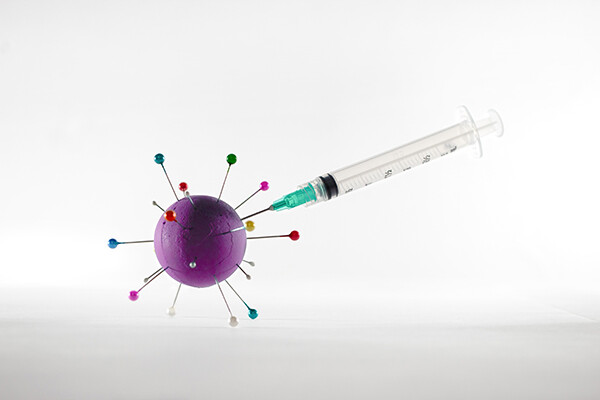Employees are legally required to self-isolate if they test positive for COVID-19 or are an unvaccinated close contact of someone who has tested positive.
The current position for vaccinated staff is that if you are a close contact with a positive case, you don’t have to self-isolate and can continue to work.
To encourage vaccine uptake and mitigate their sickness costs, supermarket giant Morrisons have taken the decision to not pay full sick pay to unvaccinated “pinged” self-isolating staff from the 1st of October.
In this somewhat controversial decision, Morrisons will only pay SSP to any staff member who is unvaccinated through choice and required to self-isolate as a close contact.
This decision has led many companies to follow suit but what are the risks in doing so?
Unvaccinated staff may ignore the legal requirement to self-isolate if they know they aren’t going to be paid, placing an increased risk on the rest of the workplace.
There is also the potential for discrimination claims on the grounds of disability or religion or belief where an employee has refused to have the vaccine because of their religious, medical, or personal beliefs.
We have yet to see the discriminatory impacts of covid rules and legislation but it is clear that there will be a multitude of discrimination claims waiting in the wings and decisions such as cutting sick pay should only be taken in the knowledge of this potential future risk.
Stay in the know
We’ll keep you up to date with all the latest in employment law and HR. You can unsubscribe at any time.


Recent Comments